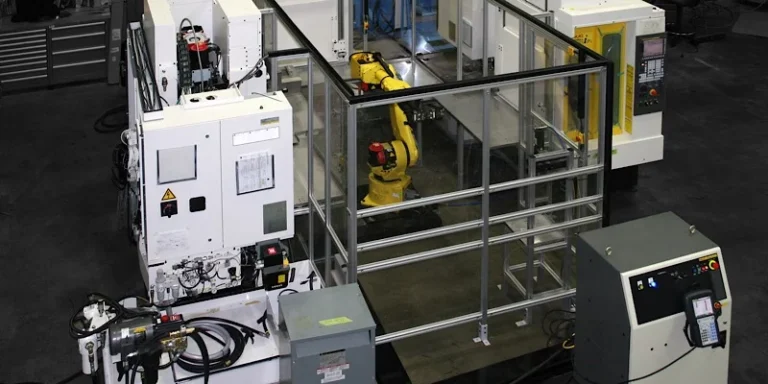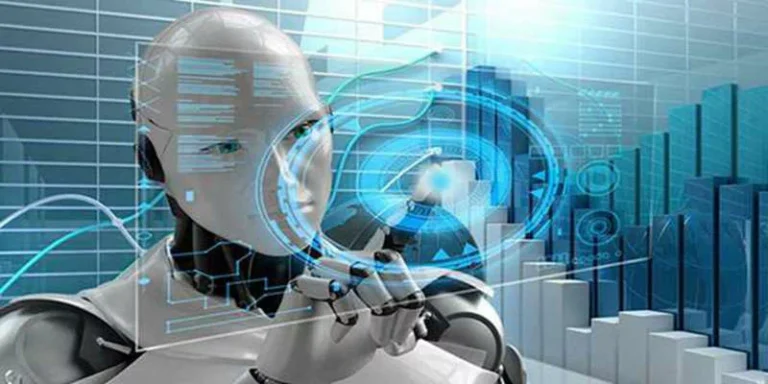Since its inception, artificial intelligence (AI) has subtly influenced our lives, with its applications continuously expanding. It’s foreseeable that in the future, AI could even be integrated with human consciousness. Although AI is not human intelligence, it can simulate human thought processes and may eventually surpass human capabilities.
Currently, the automotive industry is one of the most extensive users of AI. Many automakers are investing heavily to accelerate AI development in areas such as autonomous driving, vehicle networking, and mobility solutions. However, the widespread application of AI also brings about significant challenges, including employment crises and ethical dilemmas, which loom like a sword of Damocles over every stakeholder in the automotive sector.
So, how will AI impact the automotive industry?

Autonomous Driving And Artificial Intelligence
When discussing the application of artificial intelligence in the automotive industry, the first thing that comes to mind is autonomous driving.
For a car to drive autonomously, it relies on three core systems: perception, decision-making, and control. Among these, image recognition is paramount, as the reliability of self-driving cars in complex road conditions largely depends on the sophistication of “smart” sensors. This is where deep learning becomes crucial.
In the future development of cars, an advanced human-computer interface with deep learning capabilities will be essential. Through complex algorithms, the system can independently identify driving patterns and rules under various road conditions, making judgments and decisions accordingly. This involves using supervised learning and reinforcement learning methods, which allow the system to constantly train and evolve. Over time, these systems will exhibit driving behaviors increasingly similar to those of human drivers.
Every year, automobile manufacturers and technology companies invest more heavily in automotive AI, with some companies, such as Waymo, rapidly advancing the development of this technology.
While many people believe that it will take several decades for driverless cars to become a common part of our lives, recent advancements suggest that this timeline could be shortened.
With the help of artificial intelligence, driverless cars are already capable of actively responding to complex scenarios, such as navigating intersections with yellow flashing lights. Virtual simulation tests enable computers to learn how to handle such situations, and this knowledge can be quickly shared with other autonomous vehicles, allowing them to smoothly manage similar scenarios.
What significant challenges and opportunities will automotive manufacturers and suppliers face in the future?
1. Change the Production Structure of Traditional Cars
Beyond its significant impact on self-driving cars, artificial intelligence (AI) has the potential to transform traditional car production methods. This includes areas such as manufacturing and inventory management, leading to enhanced quality control in production.
Reports indicate that AI, leveraging advanced algorithms, can process vast amounts of data from sensors and other sources. It can quickly detect anomalies and predict wear and tear in production equipment, thereby improving efficiency and reliability in the manufacturing process.
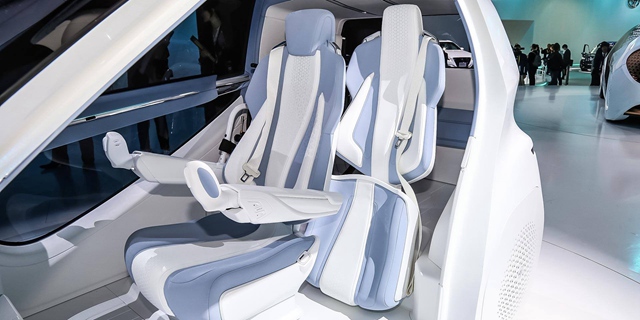
With the integration of artificial intelligence (AI), the service life of equipment can be extended by 20%, and maintenance costs can be reduced by 25%, resulting in significant savings for enterprises. In addition to enhancing the production process, AI will also improve the quality of cars, as it is 90% more effective at detecting defects compared to human inspectors.
AI can also predict consumer demand in the market, addressing inventory issues associated with mass production and reducing overstock by up to 50%. Throughout the automobile production and sales process, AI enables fine management, quality control, and accurate forecasting of production and marketing demands, thereby significantly reducing production costs for manufacturers.
2. Change the Traditional Way of Cars Development
There is a surge of new investment in artificial intelligence within the automotive industry. The Toyota Research Institute, the research and development branch of Toyota Motor Corp., recently announced a $100 million investment to establish Toyota AI Ventures, a venture capital fund aimed at supporting technology startups. Toyota stated that this AI venture will focus on artificial intelligence, robotic systems, autonomous driving, data, and cloud technology.
Automotive prototyping involves creating sample cars during the development of new products. These prototypes are primarily used for various evaluations and performance tests. After identifying and addressing any issues, a new round of prototype cars is produced and tested. Typically, after several rounds of trial production and testing, new products are finalized and enter production.
Traditionally, car development for pre-series production involves a dedicated plastic 3D printing center, where employees build physical models and prototype automotive parts for evaluation. Components such as wheel covers, door handles, and radiator grilles are molded and milled to showcase new designs.
Currently, AI technology is being increasingly applied to the research and development stages of automobile production. Consequently, prototyping manufacturers involved in the automobile development process are also adapting their technologies and processes to meet these new challenges.
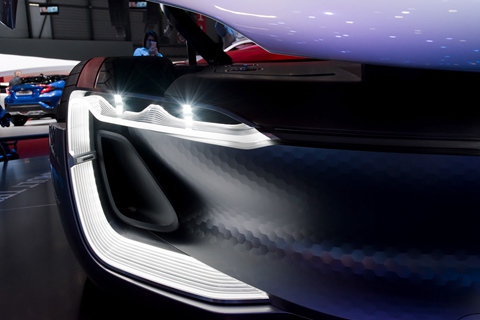
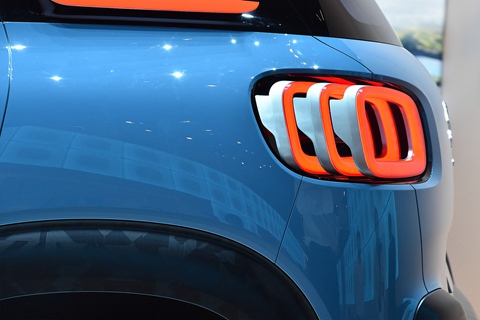
In the automotive industry, AS Prototypes has been dedicated to providing the most advantageous and rapid prototyping support services during the production and development stages for our customers.
From proof-of-concept design reviews and mechanical component engineering tests to Show Car projects, as well as exterior lighting and interior parts, AS Prototypes consistently focuses on automotive prototyping and rapid manufacturing as a comprehensive service, capable of supporting all levels of development. At the CES show in 2024, our prototype car lighting for our customers was a great success, and their products are expected to hit the market soon.


